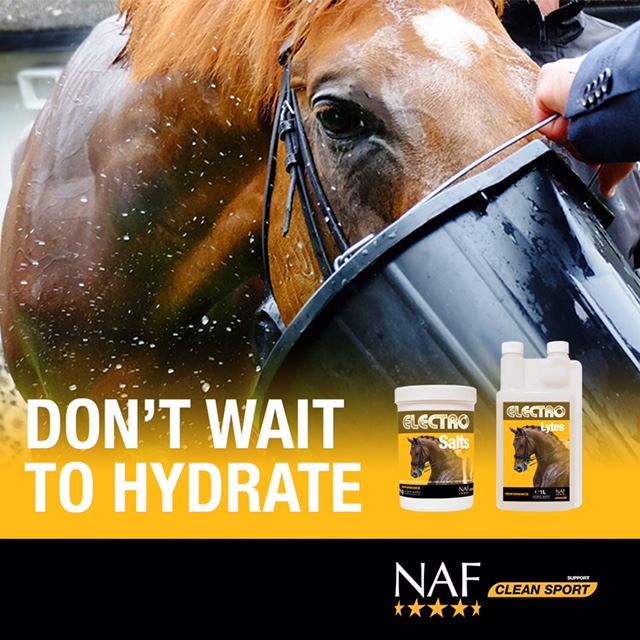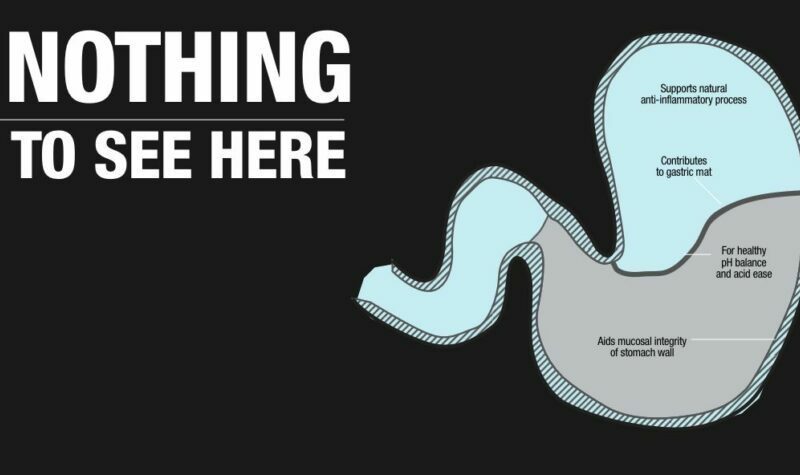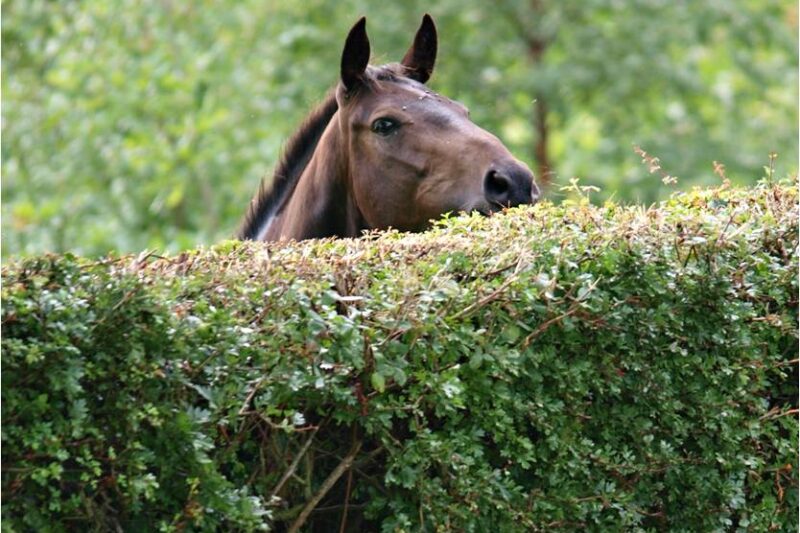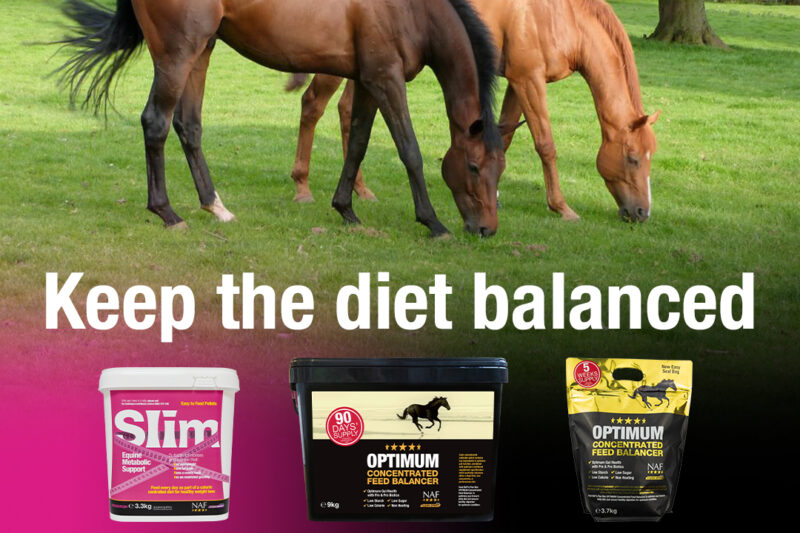Posted on 28 November 2022
by jess

Kate Hore RNutr (Animal) R.Anim.Technol Senior Nutritionist at NAF
One of the most important aspects of your horse’s summer health is to ensure they stay suitably hydrated, and what is lost through sweat is adequately replaced.
Water is, quite simply, the most important aspect of your horses’ diet. Essential to life, water makes up around 65 – 75% of the horse’s bodyweight. A lack of water is seen initially as reduced appetite and poor performance; but can lead to depression, bone and cartilage damage and, ultimately, be fatal to the animal if not rehydrated. Water is essential not only to hydration itself, but all aspects of general health. For example, research now also links a lack of fresh water directly to an increase in gastric ulcers; so for all these reasons it’s vital that your horse always has clean, fresh water available in both the field and stable.
As water is lost through sweat it is essential that we replace it. However not just the water but also the essential body salts, or electrolytes, that are lost alongside through sweat.
On a day to day basis, for general maintenance, allowing free access to a NAF Himalayan Salt lick in the field and stable is a great way to allow your horse or pony to self-supplement with the most important electrolyte, sodium chloride, on a daily basis. However, we shouldn’t rely on their self-supplementing once they are in work.
For working horses we should ensure that broad spectrum electrolytes are added to feed or water which provide all essential body salts, ie. sodium, calcium, potassium, magnesium and chloride. Failure to replace these body salts can affect the thirst mechanism by failure to replace lost water, thus leaving the horse dehydrated. Ensure you always feed electrolytes with clean, fresh water, as studies have recorded losses of up to 60 litres (110 pints) of sweat per day in competition*.
It’s worth noting that electrolytes must be fed in a way that works with the body, or more damage can be done. For example using a very concentrated form of electrolytes can actually draw water out of the gut as it passes through, hence leaving the horse more dehydrated than before. Added to that is the abrasive nature of concentrated salt, and this has been identified as a risk factor for gastric ulcers1. For competing horses look for electrolytes which can be easily dissolved in a bucket of water, such as NAF Electro Salts or Liquid Electro Lytes. For those who may not drink at shows, electrolytes fed in a nice wet feed, such as a little well soaked beet, is a tasty way to ensure the horse is also rehydrating at the same time.
Don’t forget yourself – if you’re riding all day at a show, maybe try an isotonic sports drink to replace lost electrolytes, rather than reaching for the fizzy drinks.
In conclusion, whether competing or just enjoying a summer hack, ensure you pay attention to your and your horse’s electrolyte and water requirements to stay alert and focused.
* Top level endurance competition in humid climates have recorded these levels.


